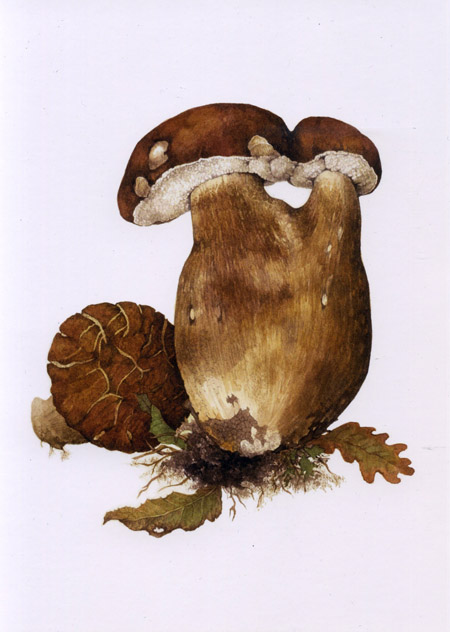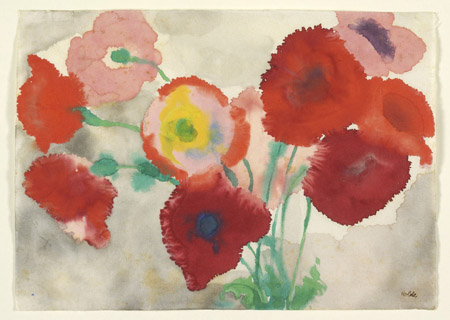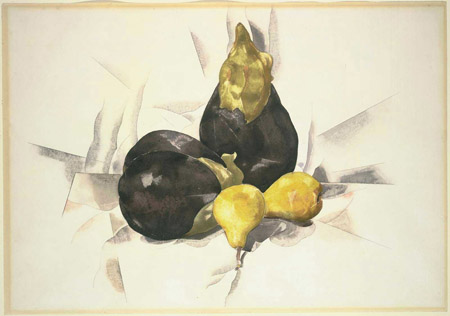“That’s an attitude too that you often find in the kinds of artists who are content to call themselves ‘cultural operators’ and who get involved with the idea that art has to be revolutionized and made scientific, but they’re getting it all ass-backwards that way. They’re trapped in an illusion that our whole society agrees upon, jet planes were invented because of the developments of science, all of our technology comes out of science, and we’re all drugged on technology and on the idea that I can take this jet and be in America in six hours. But why should it make a difference to me that I can get to American in six hours, maybe I don’t want to go to America at all, and maybe it’s all the same if I get there in six days, or six weeks, I could take a clipper ship and clipper ships were certainly more pleasant than airplanes and maybe just as safe. A friend once told me about an airplane trip where he began to realize that the culture that had made it possible to get from one place to another on all of these fantastic means of transport was the very same culture that had destroyed all reason for going from one place to another. Travelling doesn’t mean anything any more. One of the things technology does to people is to rob them of motivations, you push buttons and you open cans and life becomes much poorer than it ever was before, it’s enriched only by a greater degree of boredom. It creates these huge empty spaces in our lives and then fills them up with itself again, you wash the dishes in a machine and while you wash them you have to look at the television. People who are most alive when they’re active, people who need the feel of being effective and useful in all of the things that go into their daily living are people for whom technology doesn’t mean anything at all, or at least anything positive.”
Gianfranco Baruchello & Henry Martin, How to Imagine: A Narrative on Art and Agriculture, pp. 151–2.)


